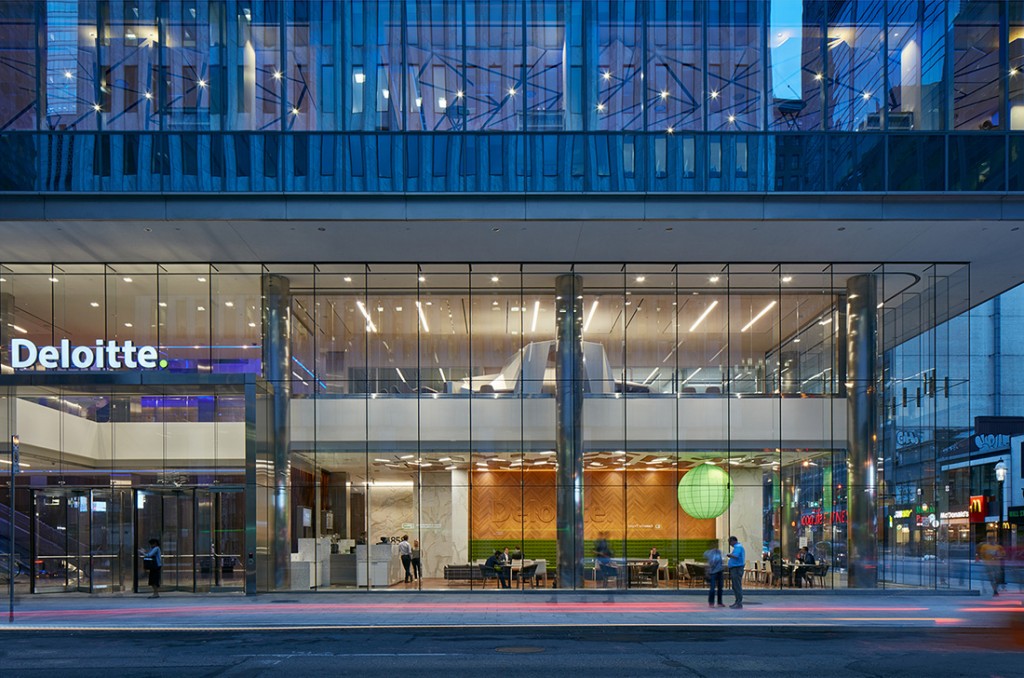Obviously, to me, it’s managing fleets of vehicles: Designing and building, delivering, maintaining, financing, enhancing and upgrading, refurbishing or replacing, insuring, repairing, refueling, cleaning, inspecting, garaging, and on and on. The app will have to be slick, intuitive, and inviting, but when all is said and done it’s just an app. So far, Uber’s entire business model is premised on staying as far away as possible from getting involved with providing cars; making all the functions I just listed a “core competence” would require Uber to submit itself to a top-to-bottom rethink and relaunch. (Meanwhile the incumbent car companies could and would be refining their veteran skills at fleet management—remember that nothing in a competitive market is a stationary target.)
And how does this bear on Law Land, you ask?
It’s congruent in important ways with the so-far-mostly-hypothetical debate over whether the Big Four represent a serious threat to law firms. Consider:
| Function/expertise | Law firms | Big Four |
|---|---|---|
| Ideal type of work (hat tip to David Wilkins) | “Bet the company” | “Run the company” |
| Role of sheer legal talent | Core: must be nurtured and catered to | Commodity-ish; can be hired or rented |
| Business process optimization | Foreign language spoken at pidgin level if at all | Core competence; decades of experience |
| Client continuity | Ad hoc; often dependent on individual personalities | Systematic; handoffs planned for and built in to the system |
| Client portability | Partners hope so! | Not a chance; system precludes it |
| Prevailing mindset | Individual | Team |
| Client visibility into firm’s work | Opaque | Transparent |
This is meant to summarize, and as summaries will to some extent simplify but hopefully not caricature, the systemic differences between how law firms and the Big Four approach their work.
Now, what you view the “harder competence” to be depends on what you think clients are gravitating towards. If you believe everyone still wants to own their own car, as far as the eye can see, Uber and car manufacturers can still co-exist; indeed, they help each other in serious ways. But if you believe “mobility services” is really where the market demand is heading, Uber, I would argue, has a perhaps existential problem.
For law vs. the big four, the same reasoning might apply. If clients will for the indefinite future care first and foremost about super-high-end, truly thin-air work, law firms have little to fear. But if you think those are lightning-strikes occasions and the 24/7/365 demand is for “running the company,” the big four have got the harder competence—operational excellence and continuous process improvement—nailed.
The final question, as with many decision points in life, has to do with will and conviction.
Could law firms hire the same business professionals to optimize their internal processes that the Big Four have? Of course; it’s a free country. Might they want to? After all, it would require lawyers to be subservient to the MBA’s and flow-chart geeks. You can answer that for yourself at home.
And do the Big Four really and truly want to mount an assault on the citadel of Law? Perhaps the NSA has an ear into their boardrooms, but I certainly do not. I have the strong suspicion, however, that the answer to that question will be more determinative of the threat they do, or do not, pose to our so-far-walled garden. I have no doubt they could overrun our fortress with shocking alacrity if they chose to. But what is their secret desire and their honest choice?




Is anyone going to mention the “C” word? It’s not like we have 200 large law firms solely so American Lawyer can publish a cool list every year. Last I checked, law firms have whole departments devoted to conflicts analysis, must often pass on lucrative opportunities due to small, merely perceived conflicts, and are often sued for alleged transgressions any way. Not to take anything else away from an otherwise fine analysis, but I think we need another row in that chart, no?